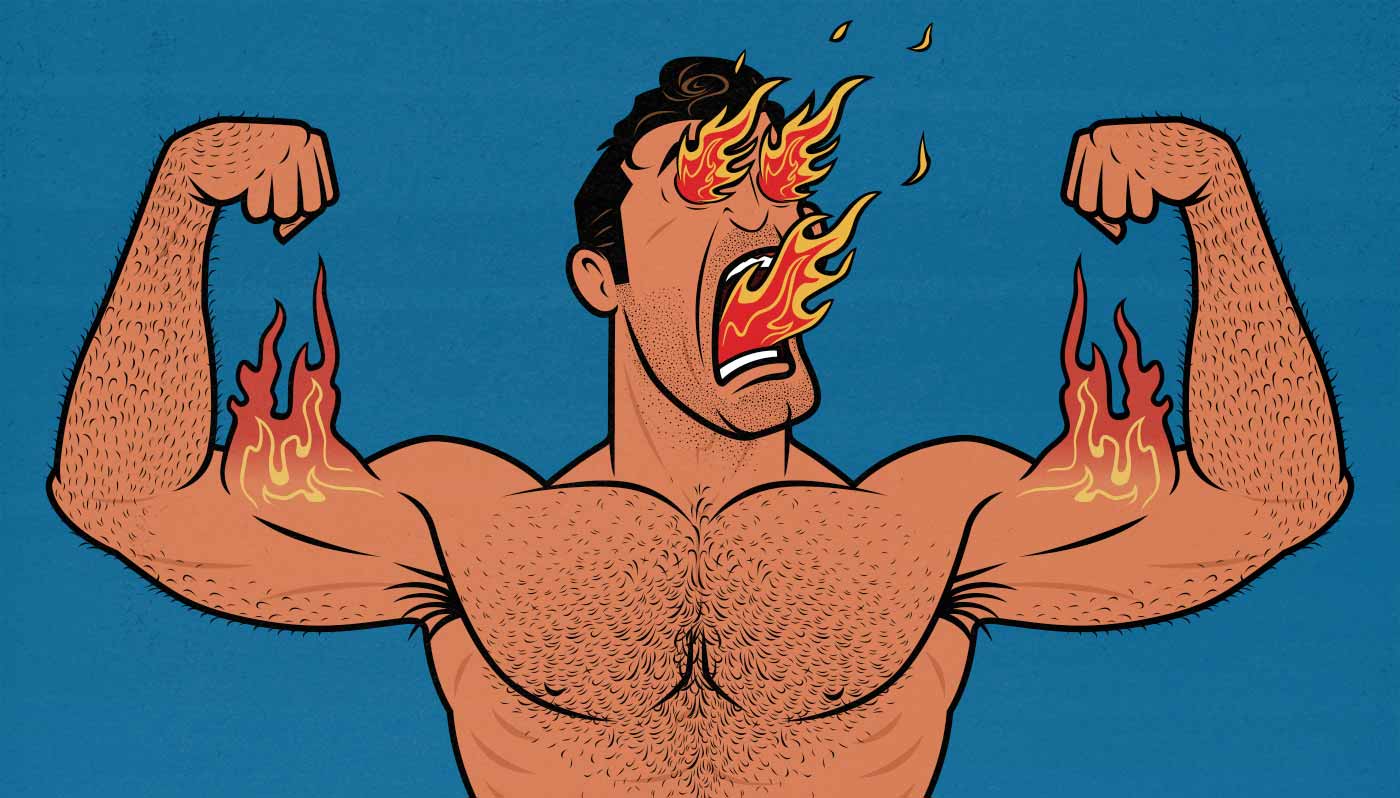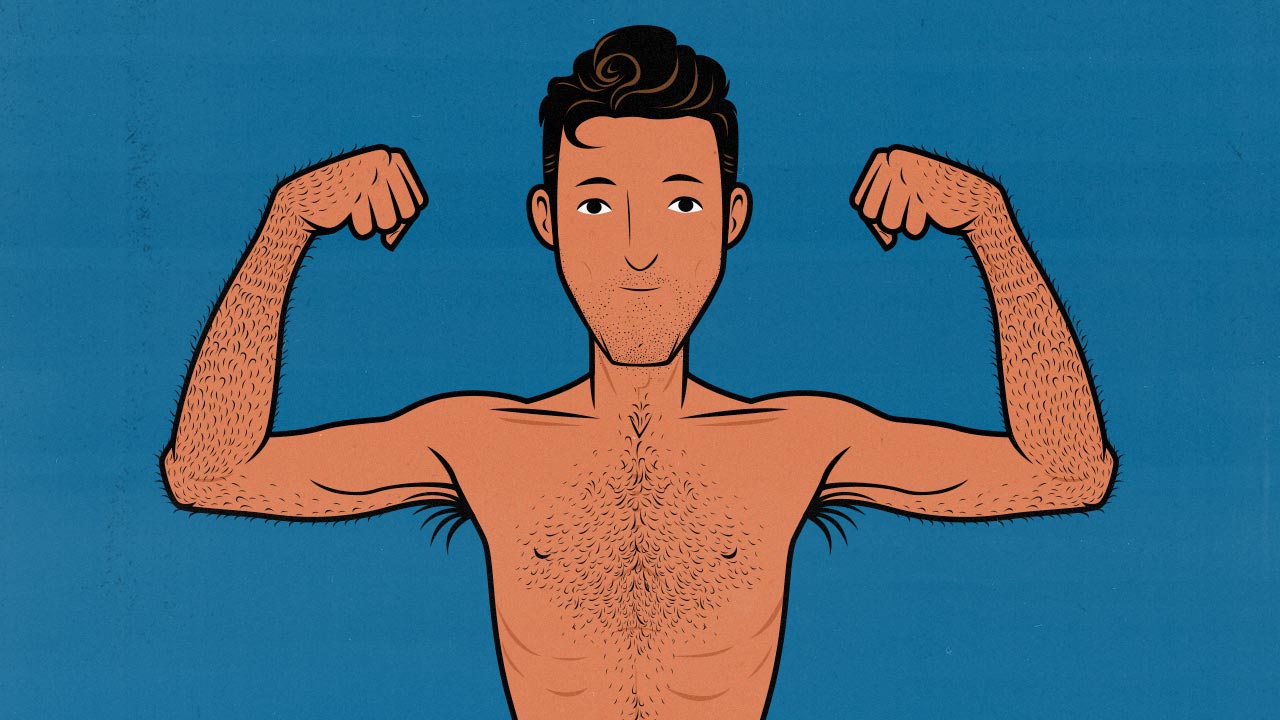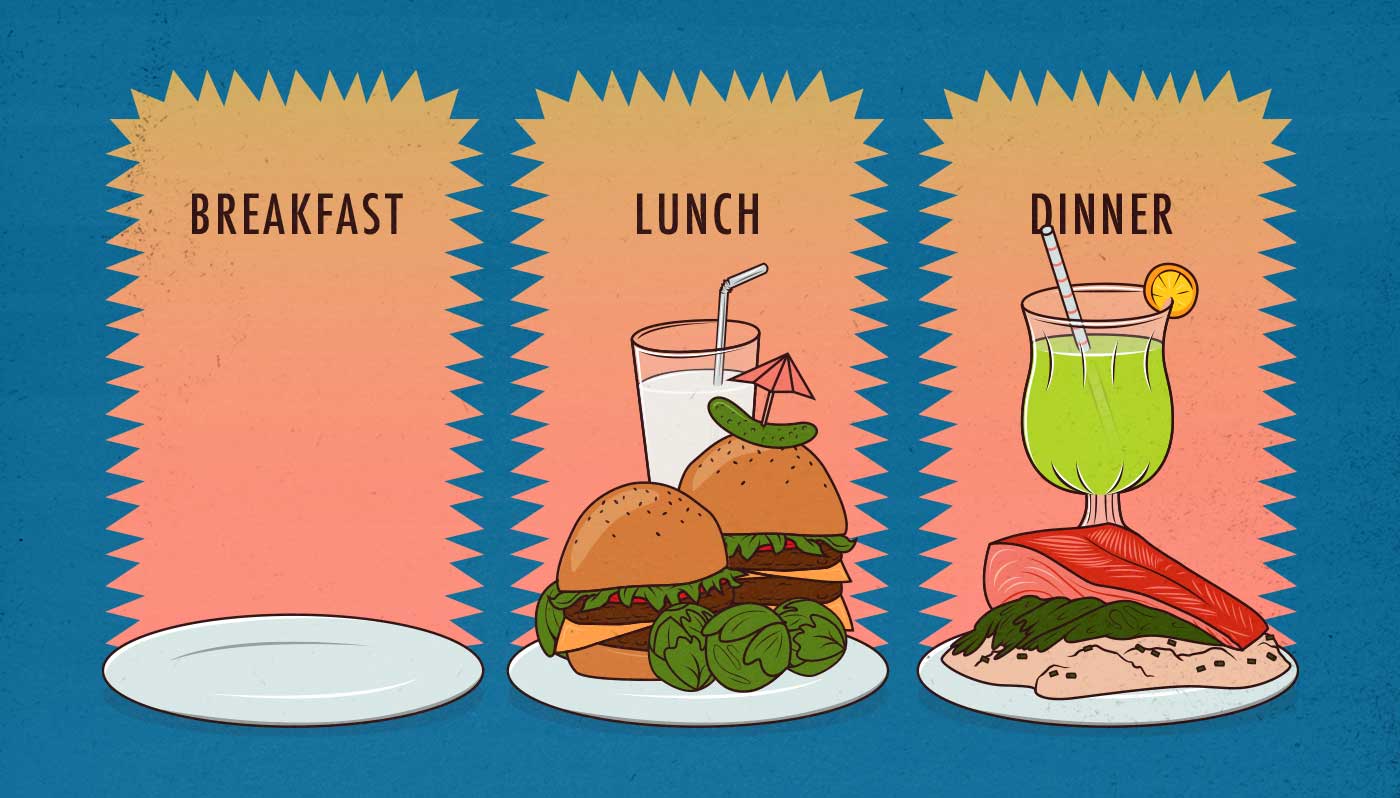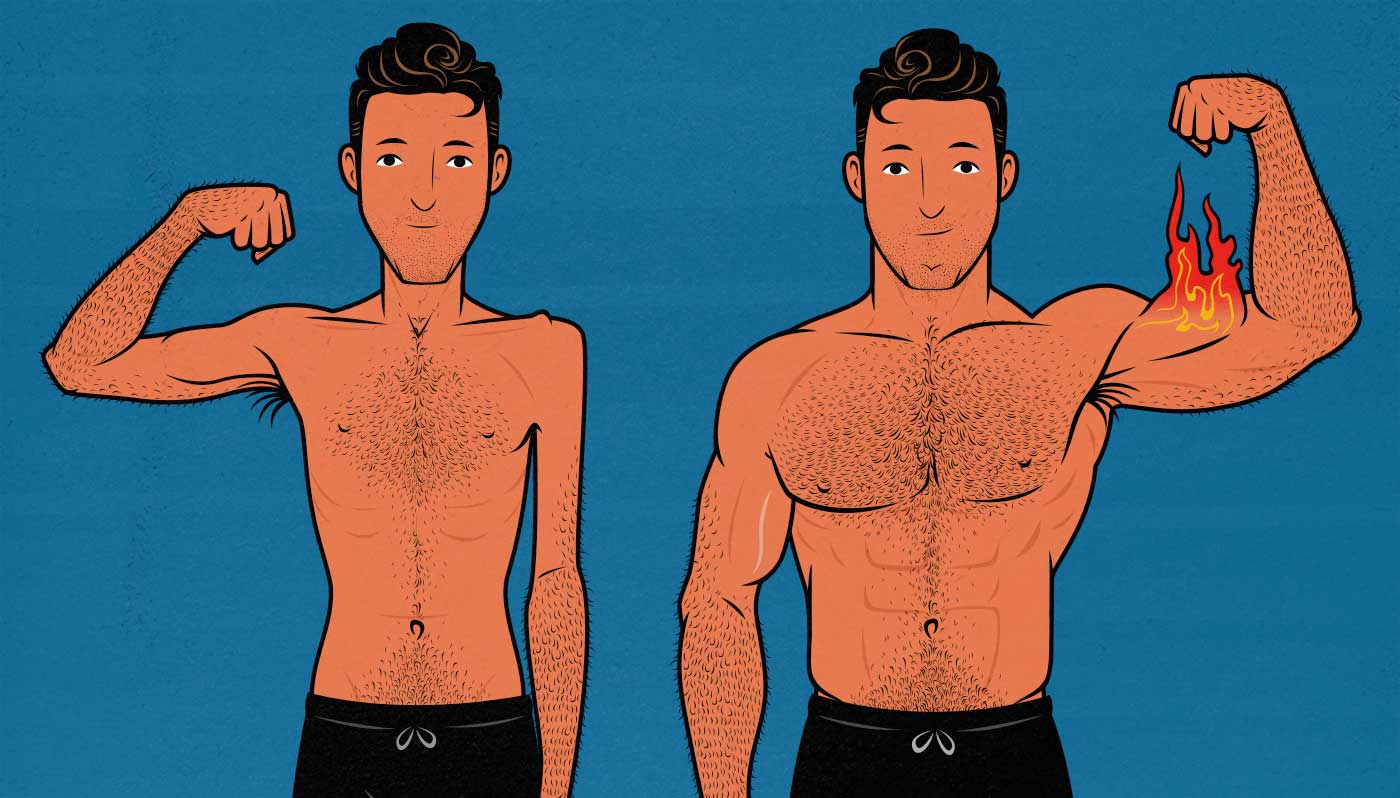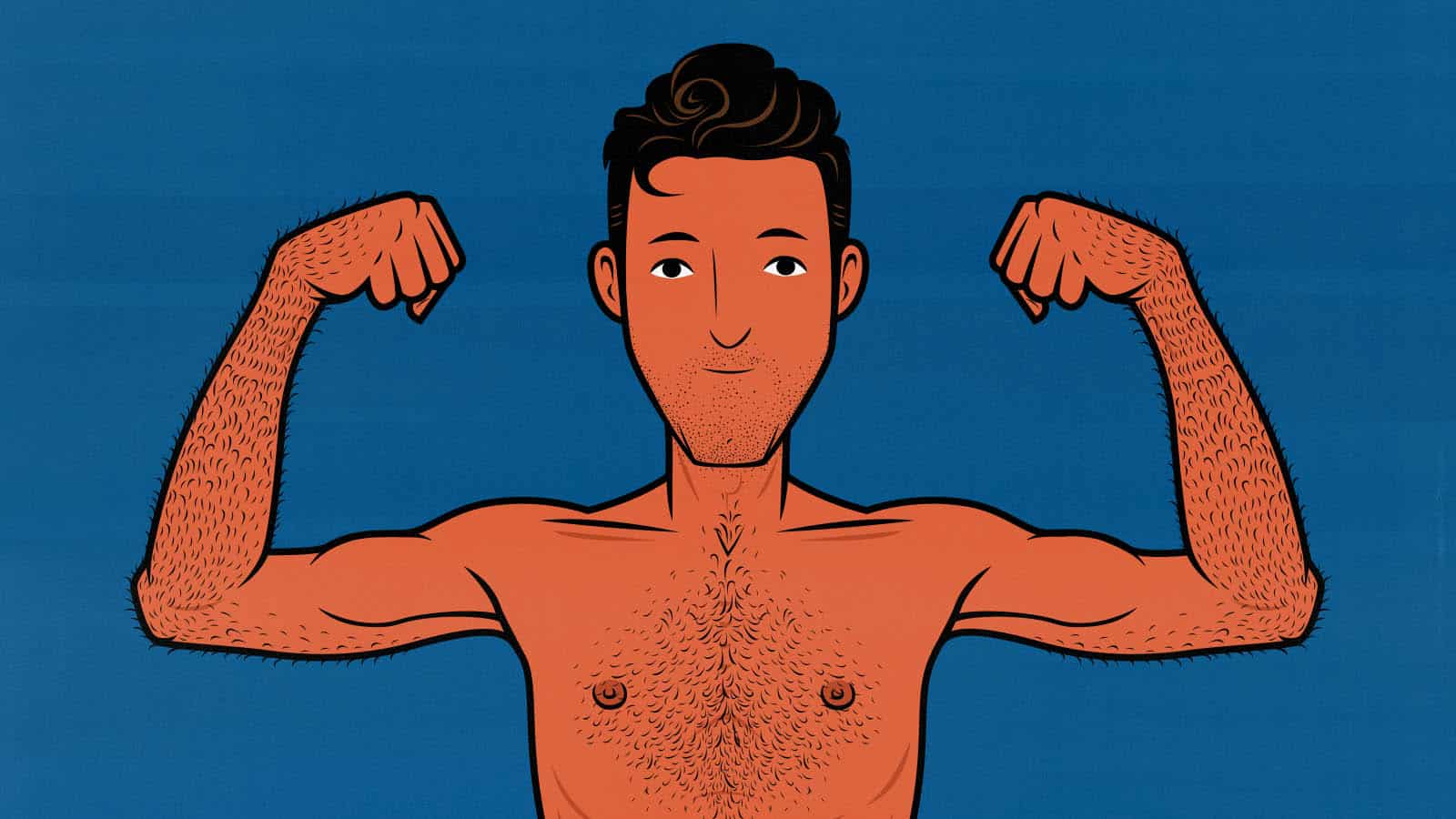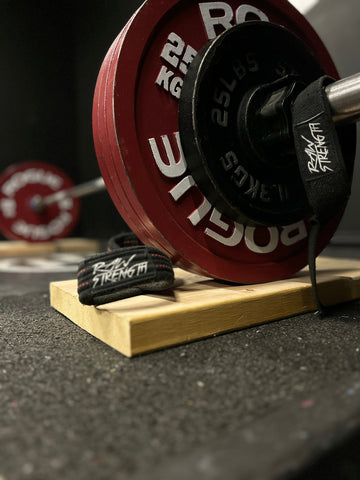Turkesterone is one of the most popular (and infamous) muscle-building supplements on the market. Joe Rogan, More Plates More Dates, and Vitruvian Physique have all discussed its benefits. Most famously of all, Greg Doucette touts the benefits of his turkesterone supplement (Turk Builder) several times per week to hundreds of thousands of people per video.
The idea was that turkesterone could boost testosterone production, boosting muscle growth. It doesn’t seem to do that, so there’s been a marketing pivot. Now, it’s said to promote muscle growth via other pathways. More on that in a moment.
To get to the bottom of this, I started by speaking with Dr. Eric Trexler. He’s got a doctorate degree in sports science, has published over 30 strength and hypertrophy studies, and studies metabolism at Duke University.
We also have a few studies to review, along with the official position of the International Society of Sports Nutrition (ISSN).
And then there are the scams, scandals, and redemption arcs.
We don’t sell turkesterone. No affiliate links.
Read More

